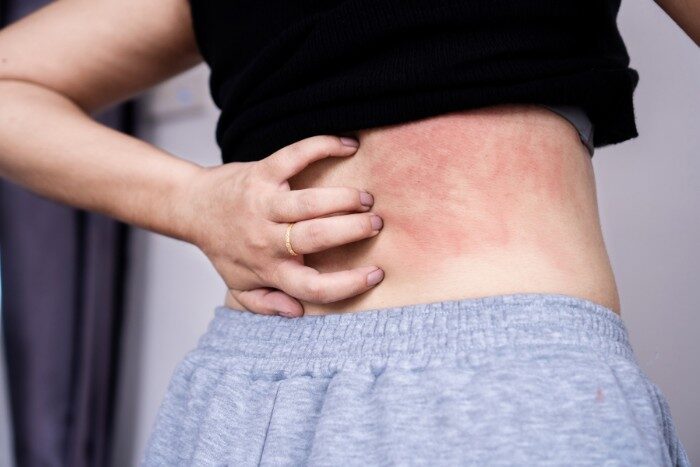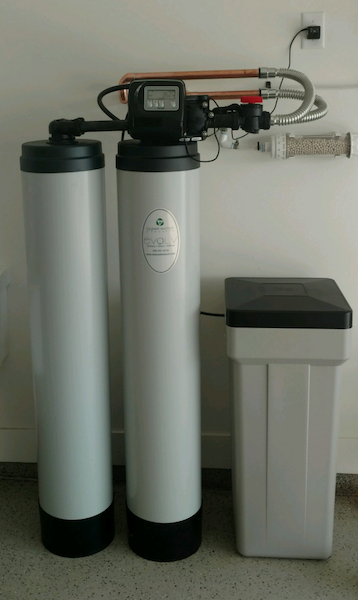
Have you ever noticed your skin feeling tight or itchy after a shower? The quality of water in your home could be the culprit. Specifically, hard water—water rich in minerals like calcium and magnesium—can have significant effects on your skin’s health and appearance. Let’s explore how hard water interacts with your skin and what you can do to mitigate its impact.
What Is Hard Water?
Hard water contains elevated levels of dissolved minerals, primarily calcium and magnesium. These minerals accumulate as water percolates through limestone and chalk deposits. While not harmful to consume, hard water can pose challenges for household chores and personal care routines.
How Hard Water Affects Your Skin

1. Residue Formation and Clogged Pores
When hard water mixes with soap, it forms a substance often referred to as soap scum—a sticky residue that can cling to your skin. This residue can clog pores, leading to various skin issues, including blackheads and pimples, and even exacerbating conditions like rosacea.
2. Dryness and Irritation
The minerals in hard water can strip moisture from your skin, leading to dryness, itchiness, and irritation. This effect can be particularly pronounced in individuals with sensitive skin or existing dermatological conditions.
3. Accelerated Skin Aging
Prolonged exposure to hard water may contribute to premature skin aging. Minerals like calcium and magnesium can generate free radicals, which damage skin cells and break down collagen. This process can lead to the development of fine lines and wrinkles over time.
4. Potential for Acne Development
The interaction between hard water minerals and your skin’s natural oils can create a waxy buildup that clogs pores, potentially leading to acne breakouts.
Addressing Hard Water Skin Issues

To combat the adverse effects of hard water on your skin, consider the following strategies:
💧Install a Water Softening System
A water softener replaces calcium and magnesium ions with sodium or potassium ions, effectively reducing water hardness. This system can alleviate many issues associated with hard water, benefiting both your skin and household appliances.
💧Use Filtered Showerheads
Showerhead filters can help reduce the mineral content in water, providing a gentler experience for your skin. These filters are relatively easy to install and can make a noticeable difference in water quality.
💧Adopt a Moisturizing Skincare Routine
Incorporate hydrating cleansers and rich moisturizers into your daily regimen to counteract the drying effects of hard water. Look for products containing ingredients like hyaluronic acid and glycerin to help maintain skin hydration.
💧Limit Exposure
Reducing the duration and temperature of showers can minimize the time your skin is exposed to hard water, thereby lessening its drying effects.
Conclusion
Is hard water bad for your skin? Unfortunately, it is. Hard water contains high amounts of natural minerals such as calcium and magnesium which don’t properly dissolve detergents, soap, or any other cleansing products. Therefore, leaving the soap residue on the skin which causes sensitive, dry skin and clogged pores.
While hard water is a common issue in many households, understanding its impact on your skin is the first step toward finding effective solutions. By implementing water-softening methods and adjusting your skincare routine, you can mitigate the adverse effects and maintain healthier, more comfortable skin.

For more information on water softening solutions and how they can benefit your home and skin, visit Clear Water Concepts.


